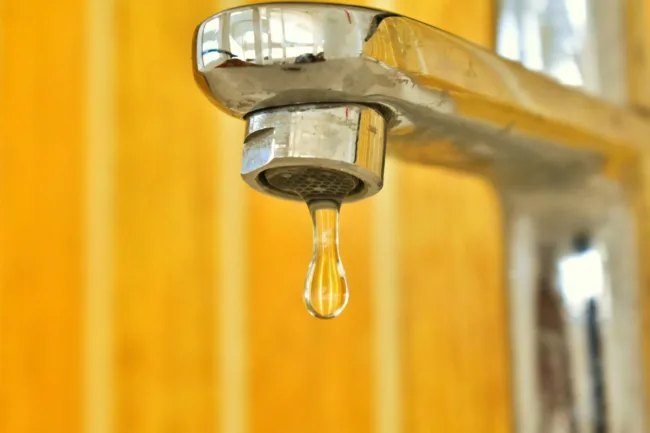
Leaks in plumbing systems, no matter how small they look, if neglected, could become major problems. A little drip here or a minor seepage there can progressively compromise the integrity of a house or other building, raise water costs, and even cause health problems from mold development. Early discovery and quick response can save a lot of money and stress downstream. Emphasizing pragmatic solutions and understanding that everyone should consider, this essay investigates three successful techniques to avoid minor leaks from becoming large issues.
Recognize Early Signs and Conduct Regular Inspections
Early warning indications help to build the basis of preventing a minor leak from turning into a major one. Many leaks start quietly and exhibit just minor signs, including a musty smell, a moist patch on a wall, or the faint sound of trickling water. It is imperative to routinely check pipes, plumbing fittings, and places likely to accumulate moisture. Common areas where leaks might go undetectably are bathrooms, kitchens, basements, and utility rooms. One should pay great attention even to a minor discoloration or softening of the floor and walls. Early inspections flag up plumbing system flaws before they worsen. Such proactive behavior often shows leaks under sinks or behind walls, places that would not be clear-cut from casual sight. Early recognition of these symptoms and quick action decreases the degree of damage and lowers restoration expenses. Ideally, every few months, a comprehensive check guarantees that minor leaks, which are easiest and least costly to repair, are found.
Immediate Repair and Maintenance of Plumbing Fixtures
When a leak is discovered, postponing repair efforts can escalate a minor problem into a major concern. A minor leak, if left unattended, can quickly grow into a major problem for the plumbing system and its surroundings if not fixed quickly. Quick leak repairs stop the continuous water flow, preventing erosion of pipes and ultimately bursting of them. Maintenance also includes correctly sealing joints, tightening loose fittings, and changing outworn washers to stop water from leaking. Many times, old pipes or defective installations create leaks; hence, regular maintenance is essential to extend the life of plumbing systems. Cleaning and flushing pipes to eliminate trash and stop clogging, which can raise pressure and cause leaks, is part of regular maintenance. Damage to walls, ceilings, and floors caused by water can be expensive and time-consuming to fix; preventative maintenance lessens this risk. Apart from maintaining the structural integrity of the house, the procedure guarantees effective water consumption, which is crucial for environmental sustainability.
Use of Quality Materials and Professional Assistance
Leak prevention relies heavily on investing in high-quality plumbing materials and getting professional assistance. Poor materials, such as low-grade pipes and fittings, are more susceptible to corrosion, cracks, and joint failures, which can quickly lead to leaks. High-quality pipes built from long-lasting materials such as copper or reinforced polymers are less prone to corrosion and cause difficulties. Ensuring that plumbing work is done by skilled and experienced specialists can also help to limit the likelihood of leaks. Skilled technicians have the knowledge and skills to properly install plumbing systems and identify vulnerabilities that an unskilled eye might overlook. Professional intervention ensures that repairs are up to code and long-lasting. If you’re unsure about the severity of a leak or the best way to repair it, consulting specialists is the safest option. It is best to contact reputable plumbers Concord NC, who can give dependable services and experienced advice on preventing leaks from escalating. Using professional assistance also provides peace of mind that the plumbing system is secure and that any potential leaks will be addressed promptly before they become an issue.
Conclusion
Preventing a minor leak from becoming a significant one necessitates monitoring, prompt action, and the use of high-quality materials paired with professional knowledge. Regular inspections allow for early detection of leaks, which is the first crucial step in preventing damage. Minor leaks can be stopped before they spread and weaken the plumbing system or building structure with prompt repair and attentive maintenance. Each of these components works together to preserve property, conserve water, and reduce wasteful costs. Whether in a household or commercial setting, adopting these preventive steps carefully guarantees that minor leaks do not escalate into major issues.
